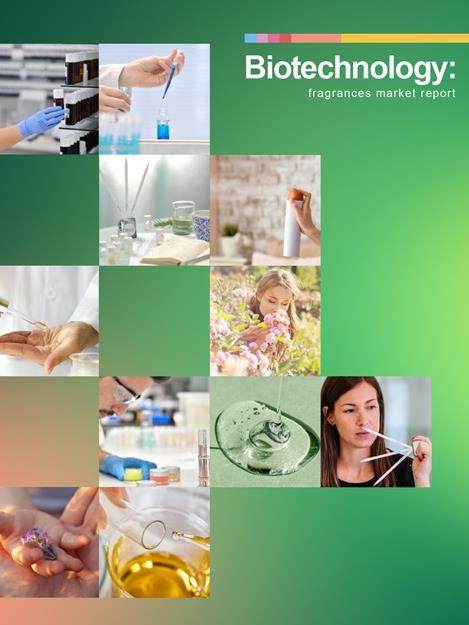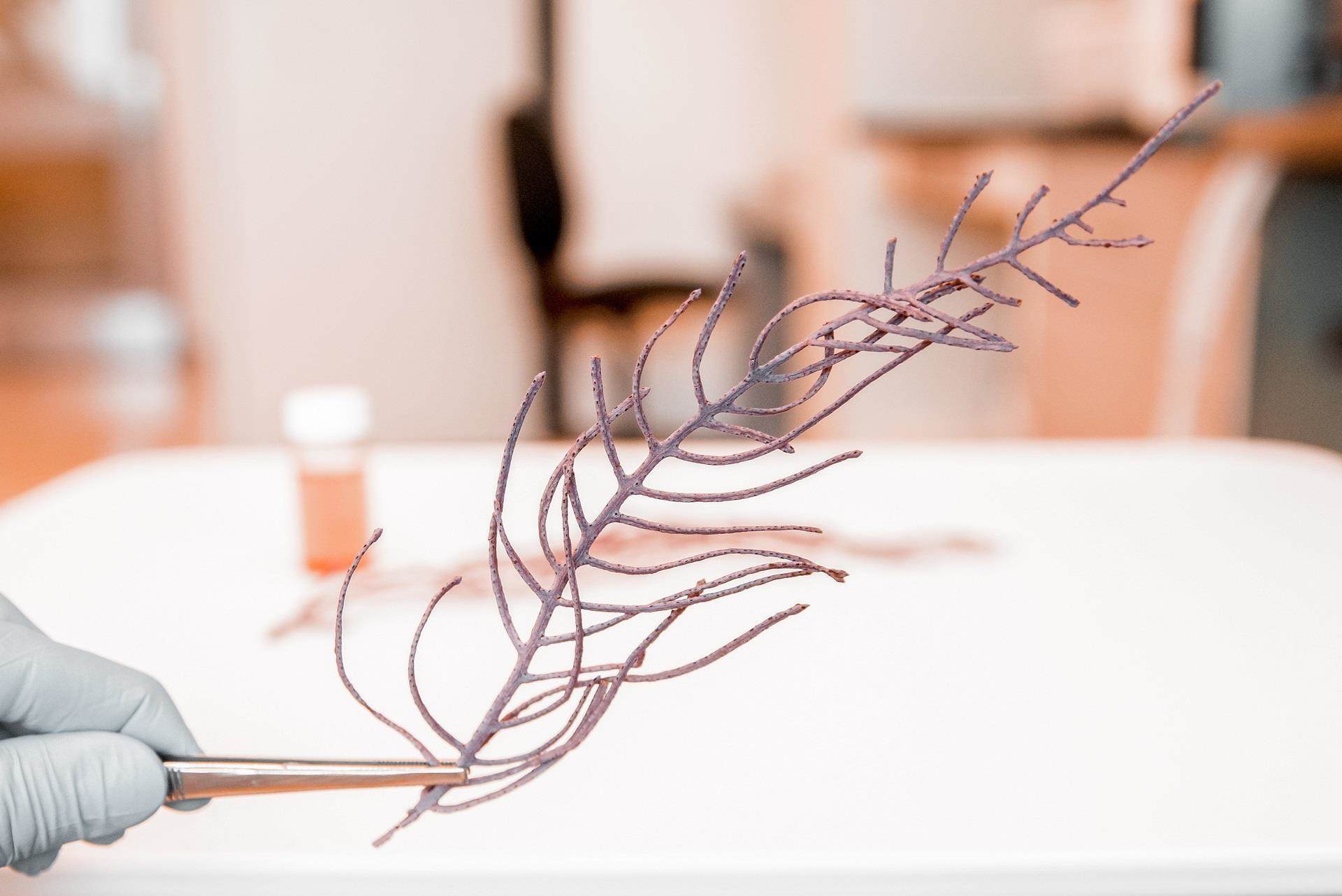Biotechnology in fragrances
The technology of odours is big business and like any major industry, consumers dictate the direction of travel.
Today, sustainability is high on their agenda so replacing petrochemical-based products with bio-based alternatives constitutes a growing percentage of research and development. Some can be found in nature but many will need to be sourced through novel innovation. This is why the fragrances sector has become one of the most promising areas for biotechnology. And while replacing petrochemical based molecules with bio-based ones is today’s focus, in time it is also hoped biotechnology will offer brand new ingredients that can extend the perfumers’ palette beyond the reaches of traditional chemistry alone.
Unfortunately there are many barriers to overcome if biotechnology’s role is to grow. These include:
- Cost
- The ability to achieve production at scale
- The complexity of biotechnology-derived molecules in the formulation process
If they can be addressed, we can expect to see a rise in the number of new fragrances built using biotechnology and designed to meet the both the sustainability and performance requirements of consumers.
Croda’s latest report on the role of biotechnology innovation in the chemicals sector looks specifically at these barriers to adoption in the fragrances sector and makes clear recommendations for overcoming them:
- It recommends the establishment of an independent global biotechnology and fragrances working group [AG1], designed to bring together biotechnology specialists; brand manufacturers; and fragrance manufacturers to exchange information, ideas, and skills in a more structured way and in a non-competitive environment.
- It advocates the development of better investigation methods to demonstrate the mode of action of new biotechnology derived compounds
- It encourages a drive for standardisation to ensure predictable and repetitive outcomes from formulation
Biotechnology: fragrances market report


